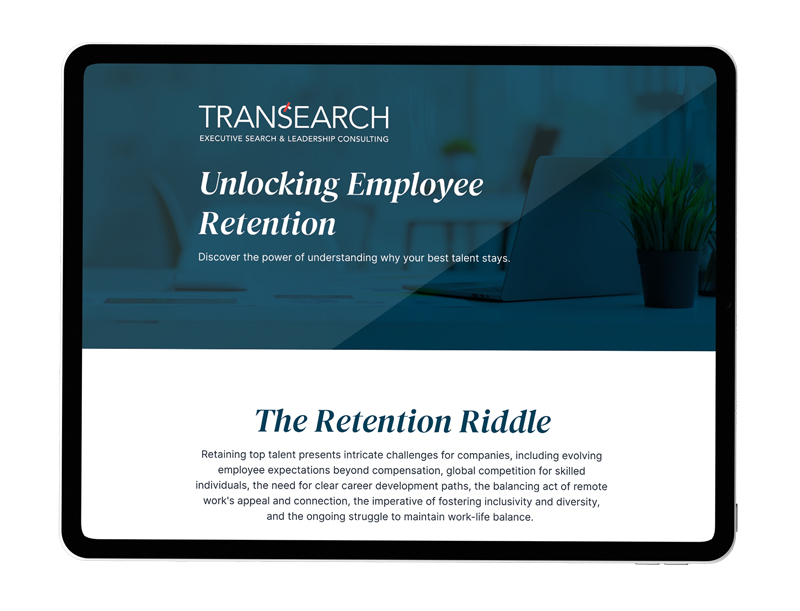In today’s world, where remote work has become mainstream, hiring employees in remote areas has become a trend. Hiring remote workers reduces overhead expenses, provides access to a wider talent pool, and increases productivity.
However, it also poses some challenges, such as communication barriers, lack of teamwork spirit, and training. This blog will explore the advantages and disadvantages of hiring in remote areas and how they can affect your business.
Advantages of Hiring in Remote Areas
a) Access to a Wider Pool of Talent
Hiring in remote areas allows you to access a larger talent pool beyond your geographic region. This means that you can tap into a diverse range of skills, experiences, and backgrounds. It can also help you fill positions that might be challenging to fill locally.
b) Reduced Overhead Expenses
Working in a remote area can save a business money on overhead expenses such as rent, utilities, and office equipment. Remote workers provide their own office space, hardware, and an internet connection, which can save your company thousands of dollars.
c) Increased Productivity
Studies have shown that remote workers are more productive than their office-based counterparts. Working from home reduces or eliminates the distractions of an office, including noisy colleagues and unproductive meetings. Remote workers are more focused and motivated, leading to an increase in productivity.
Disadvantages of Hiring in Remote Areas
a) Communication Barriers
When you work with remote employees, communication can be a challenge. Communication barriers such as different time zones, language barriers, and irregular working hours can create misunderstandings and lower productivity. Companies must determine the best way to communicate with remote employees to ensure efficient collaboration.
b) Lack of Team Work
Remote work can limit teamwork spirit and interpersonal communication, leading to a lack of closeness among employees. The absence of face-to-face interaction can hinder team building, making creating a cohesive work environment difficult.
c) Training
Training remote employees can be a challenging task. Remote workers require additional training to ensure that they understand company policies, meet performance expectations, and have access to technical support. The trainers have to develop easy-to-follow training to assist with remote employee learning.
Weighing the pros and cons of hiring in remote areas is important before making any decisions for your business.
The benefits of remote work can be just as significant as the downsides if managed properly. Companies can succeed if they prioritize communication, establish clear policies for remote working, and provide resources to support remote employees.





































































